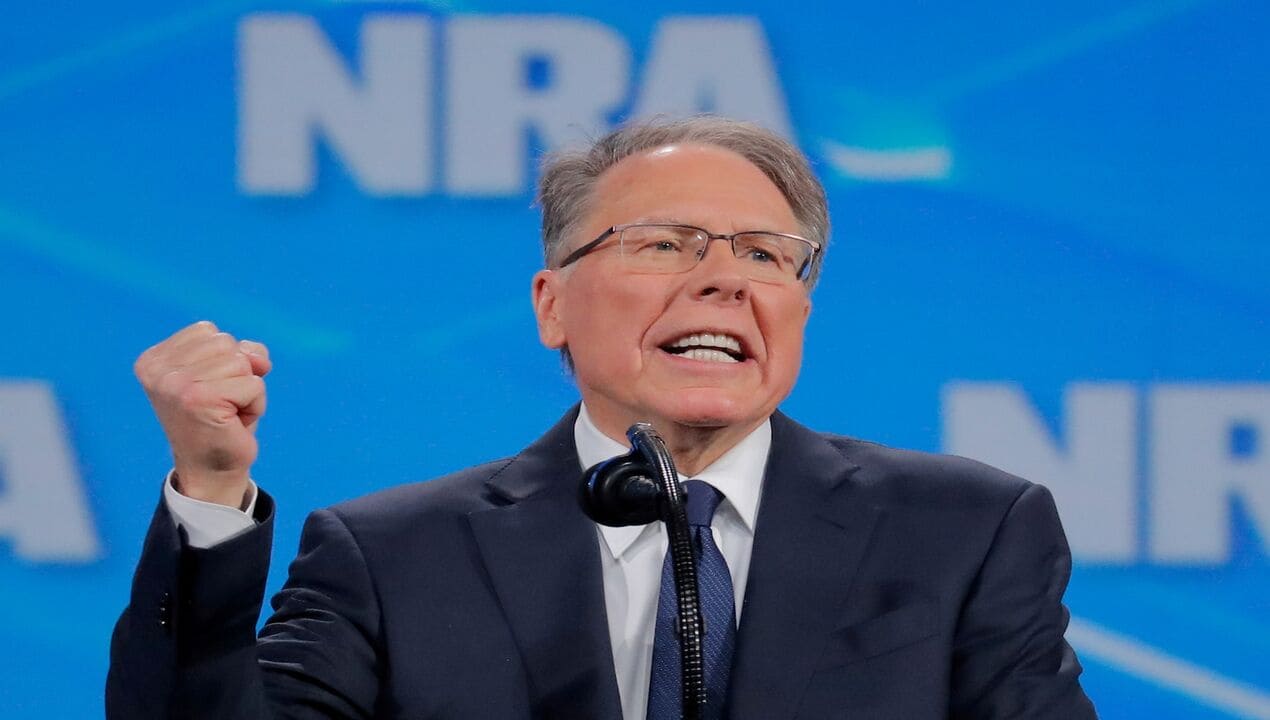
Independent Report – A federal appeals court has dismissed the National Rifle Association’s lawsuit against Maria Vullo, a former New York state financial regulator, who was accused of violating the NRA’s free speech rights by pressuring banks and insurers to stop working with the group. This marks a significant decision in the NRA lawsuit.
The case was heard by the 2nd U.S. Circuit Court of Appeals in Manhattan, which concluded that the law governing Vullo’s conduct was not clear at the time of her actions. This uncertainty meant she could not be held accountable for allegedly coercing financial institutions to sever ties with the NRA. The decision effectively shields Vullo from the claims brought by the NRA.
Earlier, in May 2024, the U.S. Supreme Court had ruled unanimously that the NRA could pursue its First Amendment claims, overturning a previous decision by the 2nd Circuit. However, the Supreme Court did not decide on whether Vullo was immune from the lawsuit. That issue was left for the appeals court to determine.
Also Read : Senate Preserves HIV/AIDS Funding Amid Trump’s Spending Cuts
Neither the NRA nor its legal representatives offered an immediate response to the court’s dismissal. Maria Vullo, on the other hand, expressed satisfaction with the ruling, calling the lawsuit “baseless” and based on false accusations. She stated that she was pleased the court dismissed the case in full.
This lawsuit originated from an investigation into the NRA’s “Carry Guard” program, which Vullo argued violated New York state law. The program provided liability insurance coverage to gun owners for the intentional and wrongful use of firearms. Which raised legal concerns. Vullo maintained that the program’s structure was not compliant with state regulations.
In response to the deadly mass shooting at Marjory Stoneman Douglas High School in Parkland, Florida, in 2018. Vullo encouraged banks and insurance companies to carefully consider the reputational risks of doing business with gun rights organizations like the NRA. She aimed to hold financial institutions accountable for their business relationships with groups associated with firearms.
During the investigation, Vullo imposed fines on three insurance companies—Chubb, Lloyd’s of London. And also Lockton Companies—that were involved with the Carry Guard program. Following these penalties, these insurers agreed to limit or stop their business dealings with the NRA.
The NRA argued that this campaign to pressure financial institutions amounted to unlawful retaliation against the organization’s advocacy for gun rights. They claimed that Vullo’s efforts essentially “blacklisted” the NRA, violating its constitutional rights to free speech and association.
However, the appeals court disagreed with this position. The court held that Vullo was entitled to qualified immunity because there was no “clearly established” legal precedent at the time that made her actions illegal. This meant that a reasonable official in Vullo’s position would not have known for certain that her conduct crossed the line from acceptable persuasion to unlawful coercion or retaliation.
Circuit Judge Denny Chin, writing the court’s opinion, explained that the evidence did not show that Vullo’s actions were improper under existing law. He also noted that the connection between Vullo’s actions toward the NRA’s business partners. And also any alleged retaliation against the NRA itself was too weak to support a legal claim.
Andrew Cuomo, the former governor of New York who later ran for mayor of New York City. Was also named as a defendant in the lawsuit. However, he was dismissed from the case in 2021 and did not face any further legal action related to these claims.
Following the appeals court decision, the case was sent back to a federal district judge in Binghamton, New York. So that the judge could formally dismiss all claims against Maria Vullo. This marks the end of the legal challenge against her related to this issue.
The ruling highlights the challenges of holding public officials accountable for regulatory actions when the boundaries of the law are unclear. It also reflects the ongoing tension between efforts to regulate the gun industry and the constitutional rights claimed by advocacy groups like the NRA.
Also Read : Desks to Dance Floors: London’s Office Buildings Reimagined